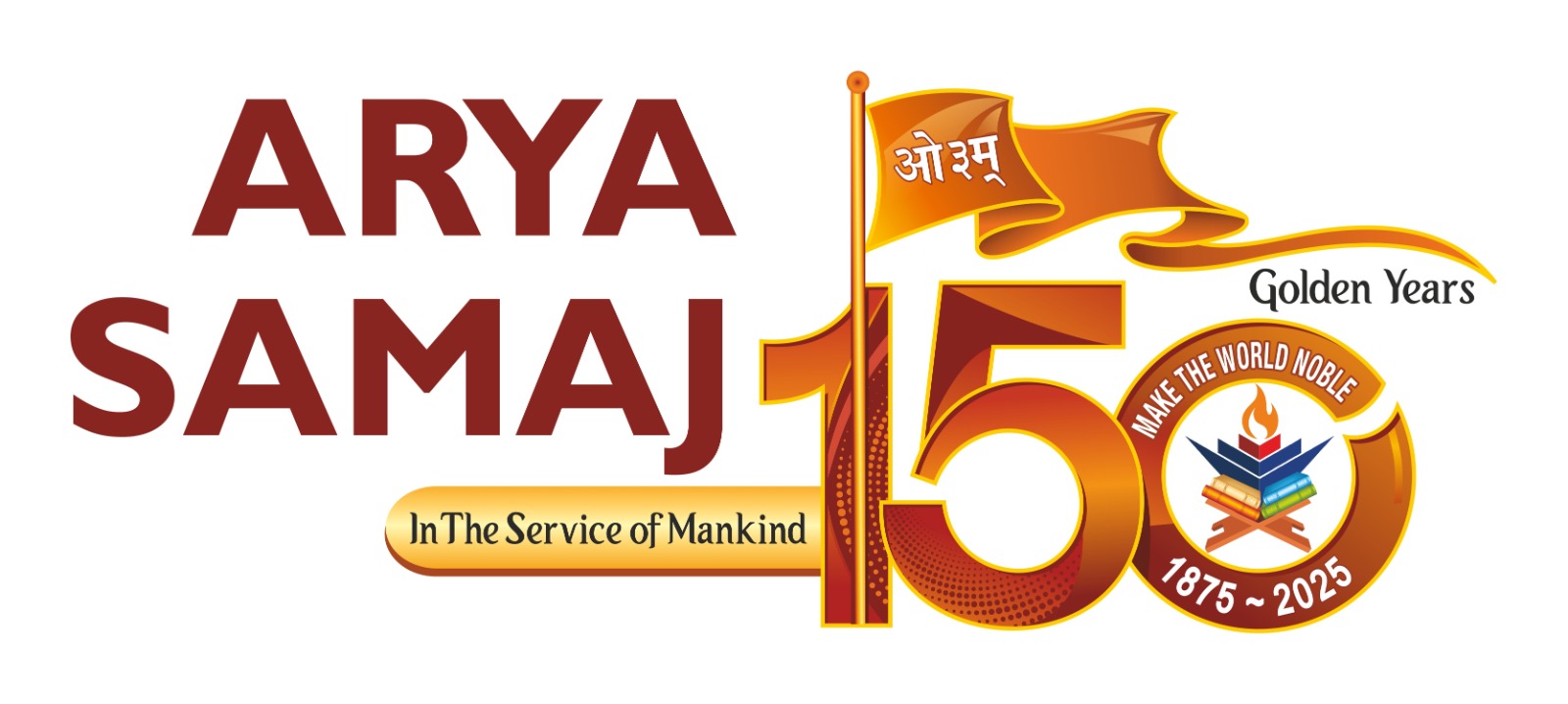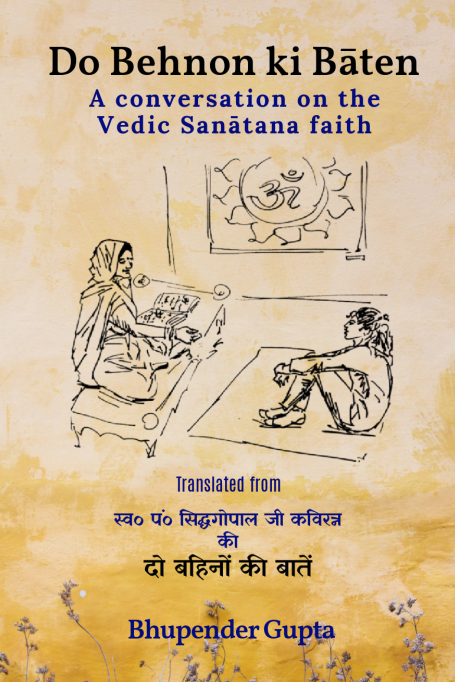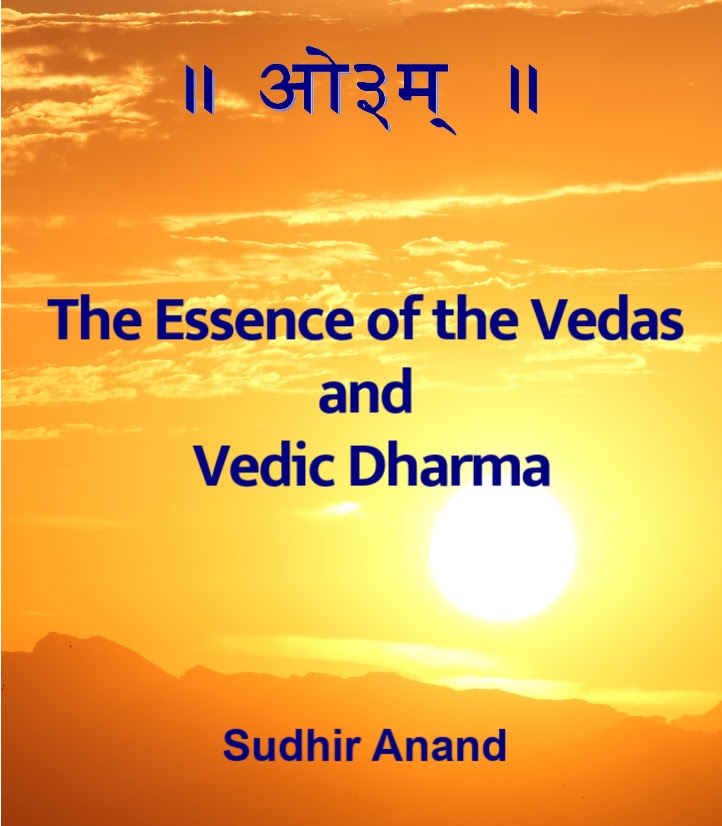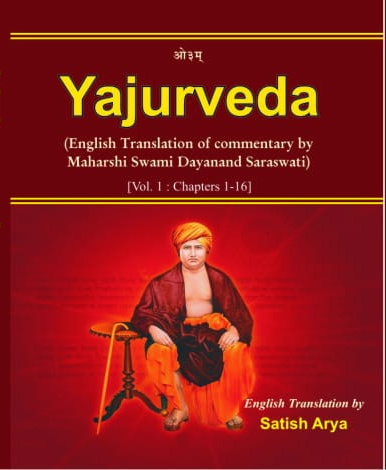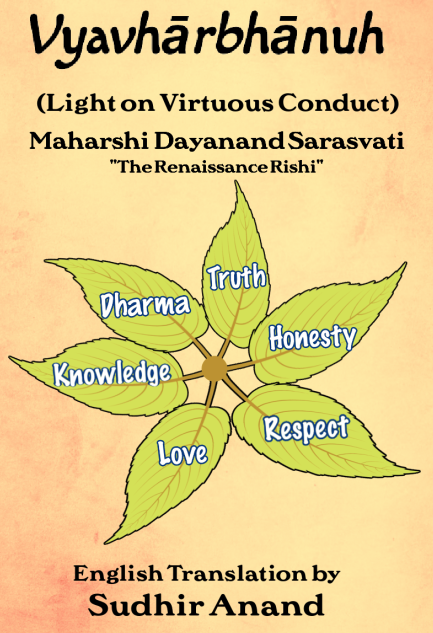Description
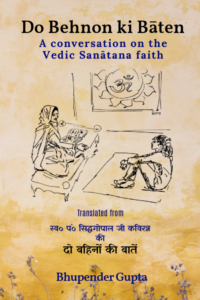
Human existence is a special gift of God as only with it can one rise and reach the highest station in life, including the freedom from the cycle of life and death. Attaining such exalted state requires effort, three being: acquiring knowledge of truth (seen & unseen), performing karmas based on it, and meditating and connecting with the Divine Being. These efforts go together. Acquiring knowledge requires action, and, meditating (to connect with the Divine Being and experience bliss) requires both knowledge and effort.
The key, then, comes down to understanding the truth given in our scriptures, the Vedas, and practicing only what is rational and proven to be good to oneself, society, and the natural world. The book, the ‘Do Behnon ki Bāten,’ i.e., ‘Conversation between two Sisters,’ an English translated version of the existing Hindi book of the same title (written by the late Shri Pandit Siddhagopal, Kaviratan, Ji), is presented to meet this objective for the English educated public. The book discusses in straightforward terms the many important aspects of the knowledge given in the Vedas, and what forms logical and beneficial practice in everyday life. The high practical value of this publication also lies in the fact that the questions raised by the younger sister covers common thought processes that occur in modern-day life – for Hindu or non-Hindu, theistic in outlook or otherwise, and formally educated or not. The responses given by the older sister are rational and intellectually accessible.
The book, composed of fourteen chapters, cover in detail the three main efforts, understood as yogic actions, emphasized in the Sanatna Vedic faith: (1) jnana yoga – understanding and acquiring knowledge about God, soul, prakriti, creation, salvation, duty, etc. -; (2) karma yoga – performing ones duties and discharging obligations towards others, i.e. the family, society and the world -; and (3) bhakti yoga – praying and connecting with the Divine Being, this through stuti, or adoration, prārthanā, or prayer, and upāsanā, or meditation.
